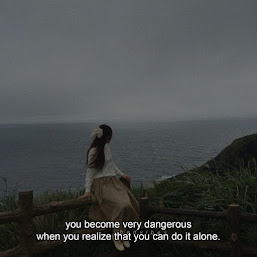"Reducing carbon emissions is essential, but it is shortsighted if not coupled with Reducing the toxic emissions from our heart, and that is something spiritual leaders are supposed to teach and something all thinking people, regardless of their beliefs, should practice."
- Radhanath Swami
This phrase suits a country like Bhutan. 2016 Ted Talk titled "This country isn't just carbon neutral- it's carbon negative." grabbed my attention where Tshering Tobgay- the former prime minister of Bhutan highlighted the country's innovative strategies for environmental protection and discussed how sensitive our planet is.
Bhutan is a small, non-industrialized landlocked nation between two large carbon-producing nations; India and China. Fog-enshrouded temples nestled in mountainous terrains, the atmosphere of peace and sacredness, a plush hanging valley tucked between two steeps hillsides, paddy fields flowing around an outcrop of rock, a white temple gleaming on a shadowy ridge and contentment of feeling of seasons make Bhutan an admiring healthy nation.
As Francoise Pommaret says, "The Bhutanese have no desire for cultural assimilation. They are different and intend to remain so.", where the whole world is obsessed with improving GDP, the government of Bhutan has a history of basing political decisions on a Gross National Happiness(GNH) index, before economic growth. It recognizes the importance of economic growth but asserts that it must undermine the nation's distinct culture or pristine environment. Because Bhutan's political agenda is based on its GNH index model, environmental protection quickly became a top priority.
Where most countries produce far more carbon dioxide than the world's ocean and plant life can absorb, the kingdom of Bhutan stands out from the crowd. More than 70% of the country is covered in trees. This large amount of tree cover has seen Bhutan becoming a carbon sink - it absorbs more carbon dioxide than it produces. Bhutan absorbs roughly 7 million tonnes of carbon dioxide and produces around 2 million tonnes only. It is important to recognize how this country is following environmental methods for these healthy results. Environmental sustainability is at the forefront of the political agenda. Bhutan follows a more holistic view of development making environmental protection a central focus in decision-making. Similarly, Bhutan follows constitutional measures in conjunction with grassroots empowerment. The constitution of Bhutan states that 60% of the country's land area remains under forest cover. The country has imposed a ban on log exports and utilises its extensive river resources to generate renewable energy. Not only this, Bhutan has been able to export most of the renewable hydroelectric power that it generates from its river. It also provides free electricity to rural farmers who would have used biogas and burning fossil fuels for a living. These measures make Bhutan a green carbon-neutral country in the world.







.png)



